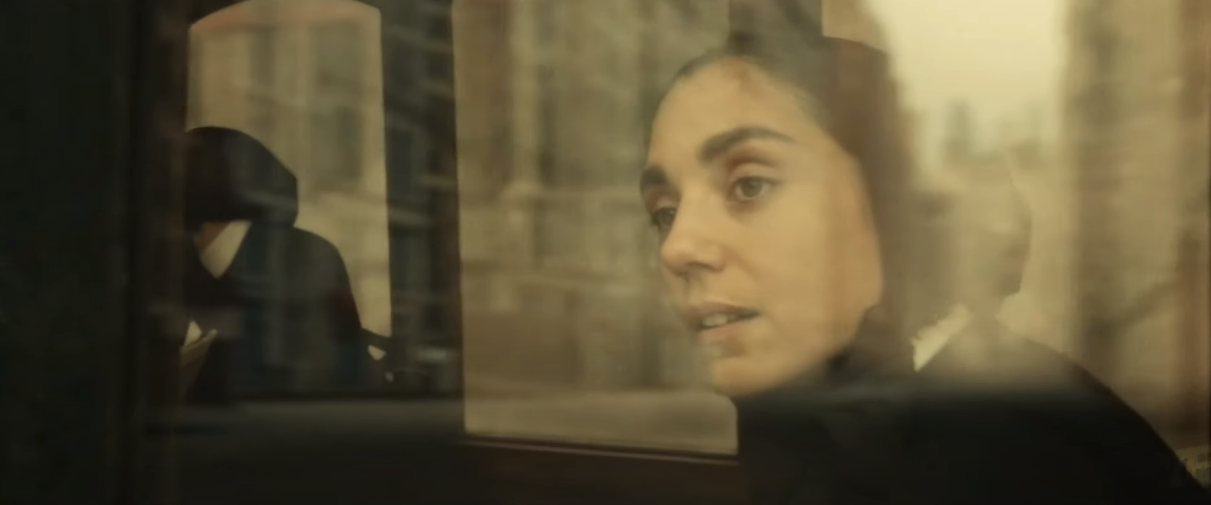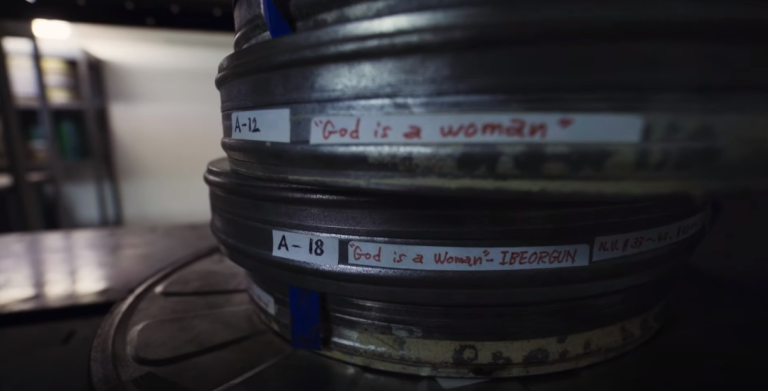

In the movie “Cabrini,” there’s a great scene near the end. It shows the story of an Italian nun named Cabrini, who founded an amazing orphanage in New York in the early 1900s. She’s also known for starting many charitable organizations and homes around the world.
In this scene, Francesca Cabrini, played by Cristiana Dell’Anna, persuades the previously antagonistic New York mayor, played by John Lithgow, to support her cause. They share a toast as the mayor acknowledges Cabrini’s determination. He awkwardly comments that she would have made a great man, to which Cabrini gently reminds him that her work, which only she and her Sisters can do, transcends gender.

In this lengthy biopic directed by Alejandro Monteverde and written by Rod Barr, Francesca Cabrini’s story highlights the strength of women in the face of adversity. Dismissed for her gender and faced with constant challenges, Cabrini, appointed by Pope Leo XIII, arrives in New York in 1889 with a group of nuns to help Italian immigrants. The city, still recovering from its turbulent past, is hostile towards Italians, especially women. Despite health issues, Cabrini settles in the slums of Lower Manhattan’s Five Points to aid the vulnerable, despite opposition from those in power.
The movie focuses a lot on Cabrini’s struggles and setbacks, which showcase her determination. Along the way, she finds support from various characters, like Father Morelli, an orphan, and a prostitute. However, the film feels repetitive because of its constant ups and downs, and it could benefit from being shorter.

The visuals in “Cabrini,” along with the work of cinematographer Gorka Gónez Andreu, are impressive. The film features myriads of beautifully composed shots and striking lighting, reminiscent of classic period pieces. Despite some ups and downs, “Cabrini” stands out for its commitment to a lush cinematic style, evoking the feel of older, grand movies. One memorable scene involves children singing to an Italian opera singer, capturing a nostalgic movie atmosphere.
If you’ve heard of Alejandro Monteverde, it might be because of last year’s controversial hit “Sound of Freedom.” Fortunately, “Cabrini” doesn’t come with any controversy. Instead, it asks viewers to consider what kind of world they want to live in—one that favors a few or one based on true equality. Cabrini and her Sisters believed in the latter, creating something worthy of recognition alongside the achievements of the Rockefellers or Vanderbilts. “Cabrini” isn’t perfect, but it dignifies the courageous efforts of these women.






